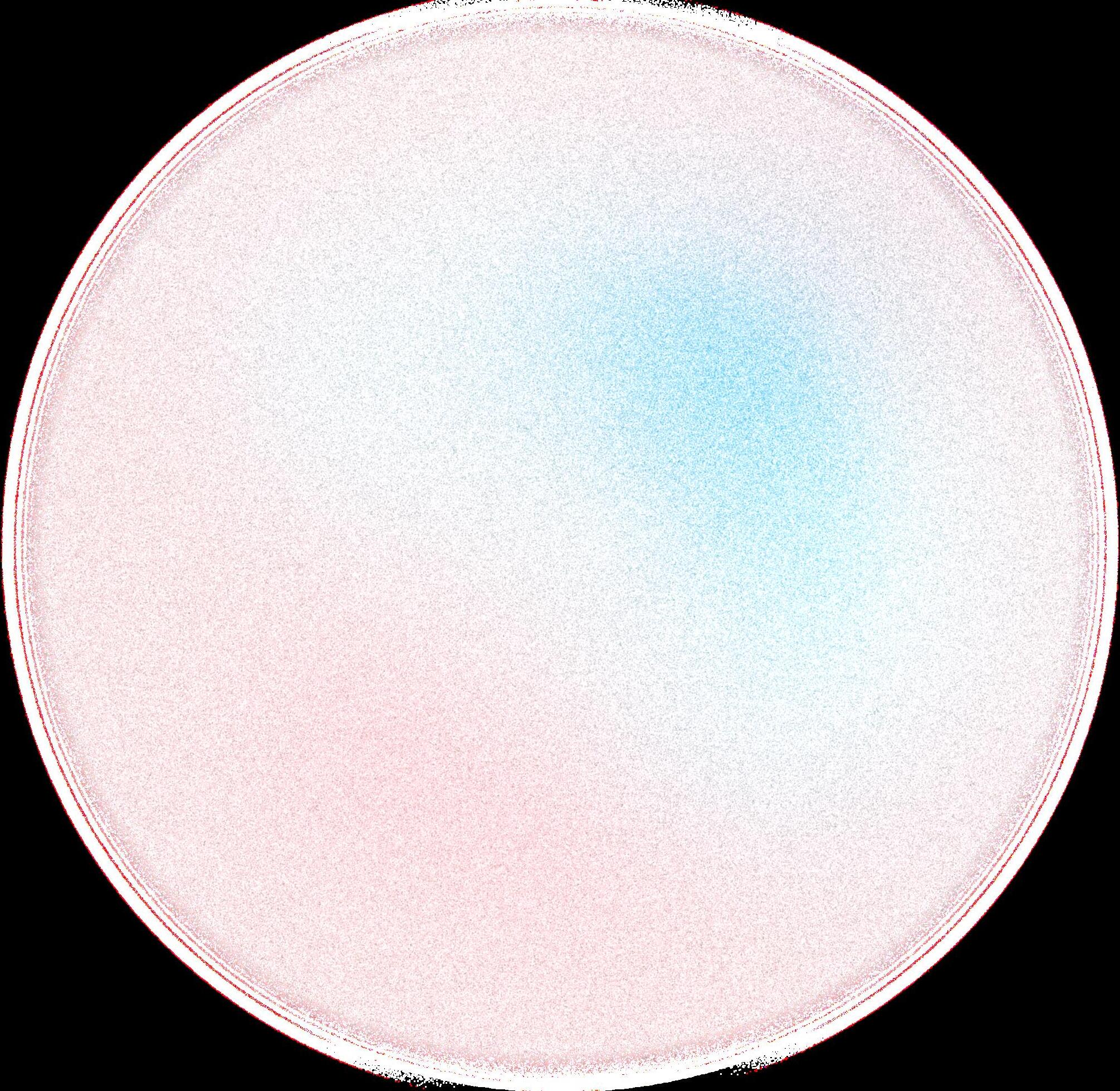
1 minute read
What not to do for facial hair
Those are my best recommendations for facial hair removal but now let’s talk about what NOT to do for facial hair removal.
Shaving, especially with multi-blade razors or when used on curly facial hair can cut the hair in such a way that when the hair grows back, the hair curls underneath the skin or pierces into the skin leaving a nasty painful bump So you ’ ve gone from unpleasant facial hair to unpleasant razor bumps If you are still keen to shave I advise using an electric clipper with a minimum cutting length of 0 5mm This ensures that the hair is cut just above the skin and can grow freely upwards, avoiding any risk of growing into the skin Shaving less often, shaving in the direction of hair growth sterilising razors before use and shaving with warm water are additional ways to reduce skin damage from shaving
Waxing is another no no for the face Whilst waxing may mean longer periods of no hair over time waxing becomes traumatic to facial hairs and the skin. One large study in the International Journal of Cosmetic Science found that waxing can also lead to skin surface damage and dryness
At home lasers are just a no At home lasers are usually Intense Pulse Light lasers that cannot be used on darker skin types as they cause burns on the skin so please avoid the use of at home lasers
With over 10 years of experience in the industry, Dr Linda is the founder of BAME skincare BAME skincare is a clinical grade inclusive skincare line developed with black, Asian and minority skin types in mind They treat a variety of conditions with great effects Head over the https://wwwbameskincarecom/tobookyourappointment
We must remember the human body is perfectly formed Hair is there to serve a purpose Hair keeps us warm during the cold by standing on end and trapping a layer of heat Hair also helps to improve our sensitivity to touch and forms a physical barrier that protects the body from harmful germs Love it or hate it, we need it Of course, there is such a thing as too much of a good thing so if you really need to rid yourself of troublesome, excess hair, be sure to do so safely and effectively If you are concerned about any underlying condition which may be causing increased hair growth, you must seek medical advice for example from your GP or a skin specialist









